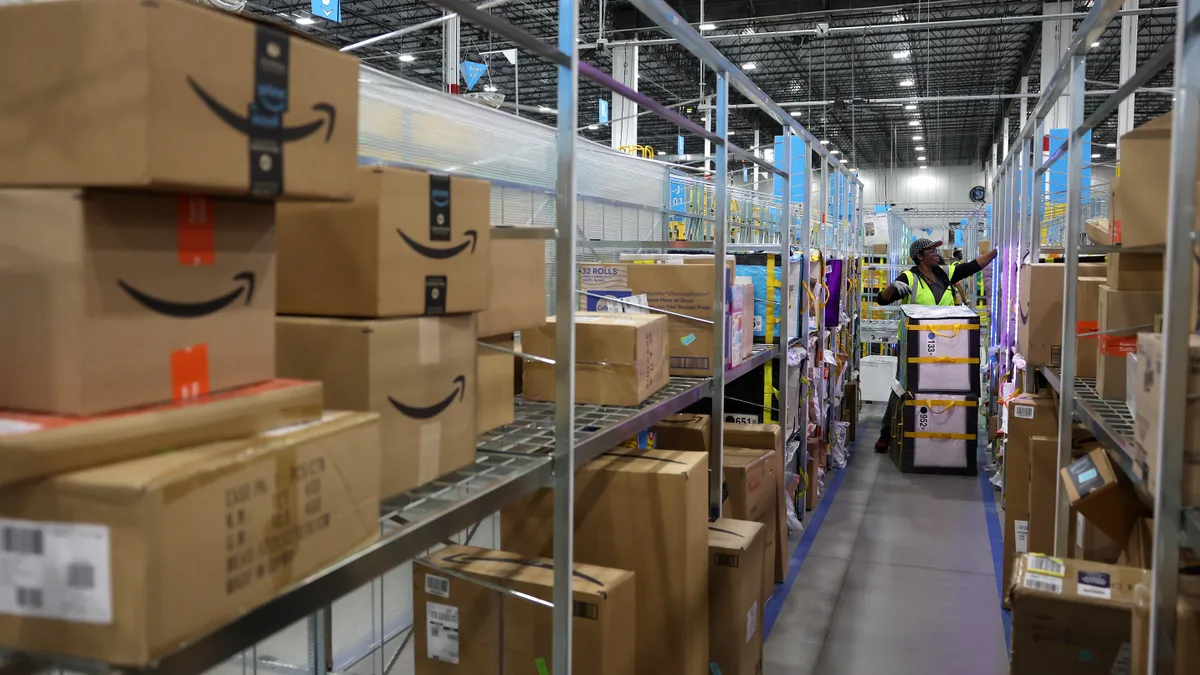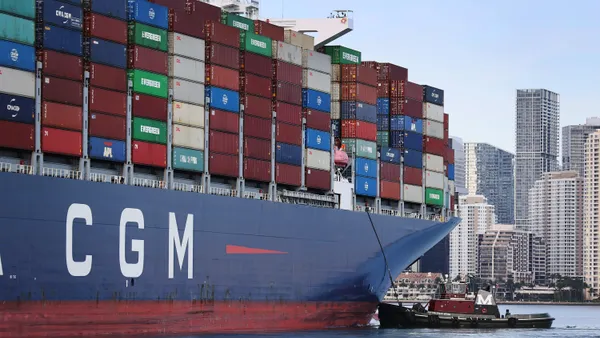After more than two years of nonstop disruption, it appears that supply chains are finally approaching balance.
Freight rates have fallen back down to earth from record highs. The ship queue off the Port of Los Angeles has all but disappeared. And what was once a carrier’s market is beginning to shift back in favor of the shipper.
Still, threats remain. As consumer demand falters amid an uncertain economic environment, businesses are already beginning to rightsize their operations through layoffs and find savings by making their supply chains as productive as possible.
Going forward, shippers will be watching for future turmoil. The war in Ukraine continues to disrupt critical commodities, and businesses are warily watching China’s reopening to see whether it will spark a surge in demand.
In the U.S., shippers are also bracing for the potential of labor strikes that could bring freight movement to a halt. Negotiations with dockworkers at West Coast ports still loom large, while UPS workers have made it clear they’re willing to strike if a labor agreement isn’t reached this summer.
We spoke with experts and industry players to get a deeper look at some of the major trends forecasted to shape supply chains this year. Read the stories below to see what to expect in 2023.














